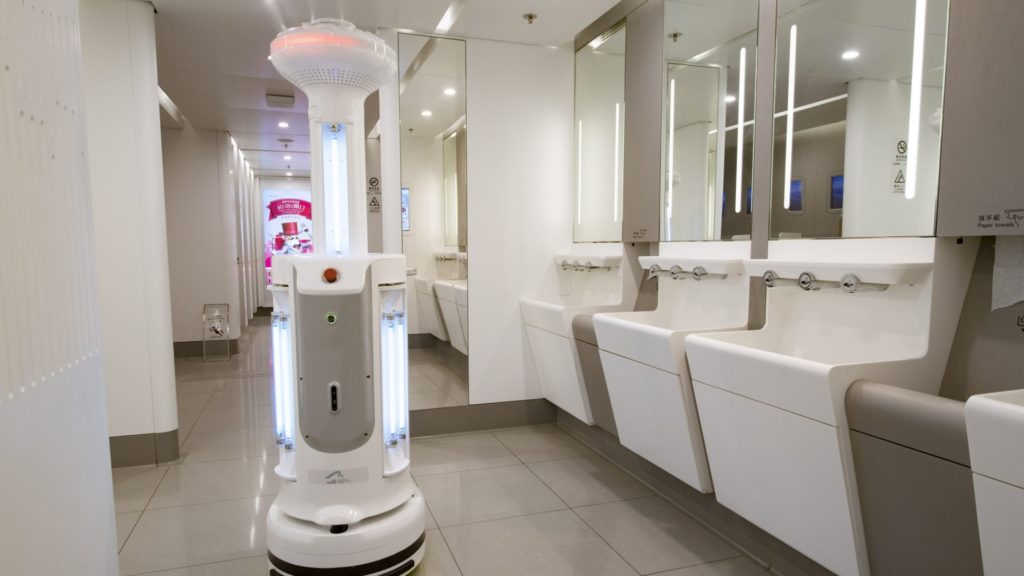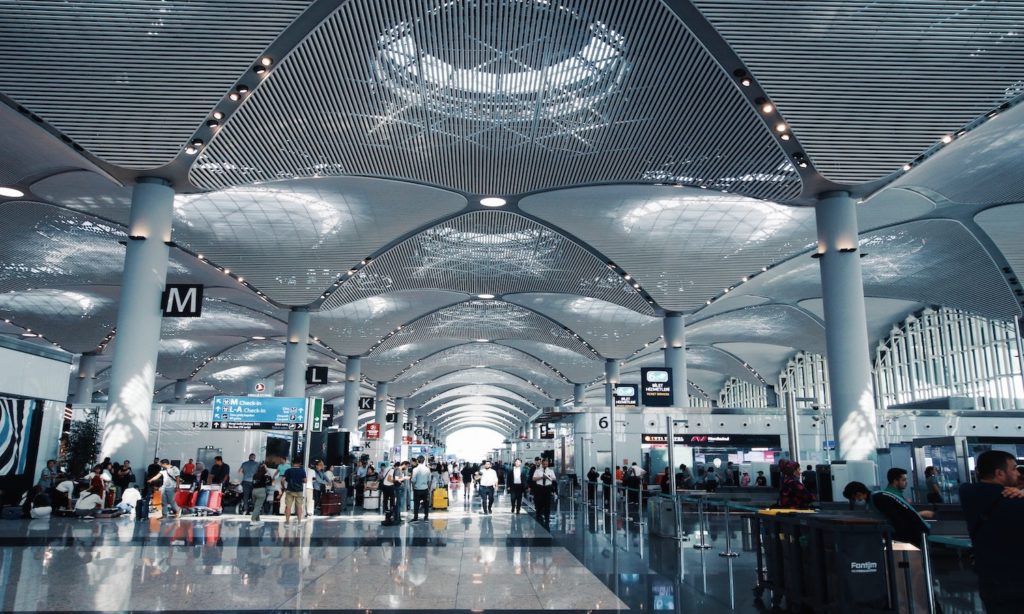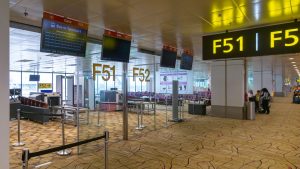Hong Kong International Airport among first to receive airport health accreditation

What we'll be covering
This article originally appeared on AirlineGeeks.
Hong Kong International Airport has been accredited under the Airport Health Accreditation (AHA) for its high standards in health and safety in its operations.
The airport is among the first in the Asia-Pacific region to receive the recognition from the Airports Council International (ACI) since its launch in July. The accreditation is valid for twelve months.
The AHA launched to assess how airports’ health measures align with the ACI’s guidelines and ICAO recommendations for COVID-19 safety. The accreditation also works to reassure travellers using the airport and to try to coordinate the implementation of global guidance across airports.
Some of the areas the ACI uses to assess airports for the AHA include sanitising processes, provisions for social distancing and passenger facilities and communications.
The Hong Kong Airport Authority has implemented several health measures at the airport to create a safer environment. These include autonomous cleaning robots, facial recognition technology to promote a contact-free experience and an enhanced cleaning regime.
Vivian Cheung, the executive director of airport operations at the Airport Authority, said,
We are honoured to be one of the first airports in Asia-Pacific to receive the accreditation, which recognizes our continued efforts in implementing various health measures to ensure the safety and well being of the airport staff and passengers.
We will continue to strengthen our works and conduct ongoing self-assessment according to the evolving situation of the pandemic, with a view to maintaining the safe and healthy environment and building passengers’ confidence in travelling at HKIA,” continued Cheung in an airport press release.
The ACI website states all passenger areas and processes are taken into consideration when assessing an airport for the accreditation. These include security, retail and terminal access.
Some of the other airports to have received the AHA include Miami International Airport, Istanbul Airport and London’s Luton Airport.

The World Director General of ACI, Luis Felipe de Oliveira, said to ICAO that the Airport Health Accreditation:
enables airports to demonstrate to passengers, staff, regulators, and governments that they are prioritising health and safety in a measurable, established manner while also validating their own measures and processes.
The ICAO Council Recovery Taskforce (CART) has created guidelines for airlines and airports to follow to ensure that people can travel safely by plane. This includes enabling a safe experience in airports. The AHA launched by ACI supports airports to follow the CART recommendations. The International Air Transport Association (IATA) has created its own checklist to enable airlines to see if they are following the guidance. The recommendations include physical distancing and wearing of face coverings, health screening and contact tracing.
In a press release, the ICAO Council President, Salvatore Sciacchitano, said,
A harmonised approach to health is key not only to the recovery of civil aviation but also to ‘building back better,’ which is crucially important to ensuring the future resilience of the aviation network.
On the topic of the IATA measures for safe travel, Alexandre de Juniac, IATA’s Director General and CEO, said, “This layering of measures should give travellers and crew the confidence they need to fly again. And we are committed to working with our partners to continuously improve these measures as medical science, technology and the pandemic evolve.
“The leadership of ICAO and the commitment of our fellow CART members have combined to quickly lay the foundation for a safe restoration of air transport amid the COVID-19 crisis. We salute the unity of purpose that guided aviation’s stakeholders to a solid conclusion,” added de Juniac.
* Featured image courtesy of Hong Kong Airport.






Community